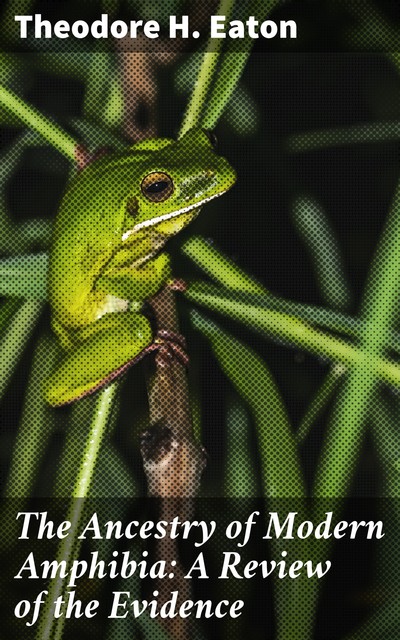In “The Ancestry of Modern Amphibia: A Review of the Evidence,” Theodore H. Eaton meticulously examines the evolutionary lineage of amphibians, integrating paleontological findings with contemporary research in genetics and morphology. This scholarly work is meticulously structured, embracing a critical yet accessible literary style that caters to both academic audiences and interested lay readers. By discussing various fossil findings and modern taxa, Eaton situates amphibians within the broader context of vertebrate evolution, offering a comprehensive synthesis of the evidence that has accumulated over decades, all while emphasizing the dynamic relationship between environment and evolutionary adaptation. Theodore H. Eaton, a distinguished herpetologist and paleobiologist, draws from his extensive academic background and field research to present this enlightening work. His passion for amphibians and their ecological significance has been a lifelong pursuit, influenced by his formative years spent observing these creatures in their natural habitats. Eaton's rigorous methodological approach and insights into the environmental challenges facing amphibians today further illuminate the connection between past and present, emphasizing the importance of conservation in light of ongoing biodiversity crises. I highly recommend this book to herpetologists, evolutionary biologists, and anyone interested in the intricate stories of vertebrate ancestry. Eaton's work not only provides critical insights into amphibian evolution but also serves as a reflection on the broader implications for ecological conservation, making it a vital addition to any scientific library.


